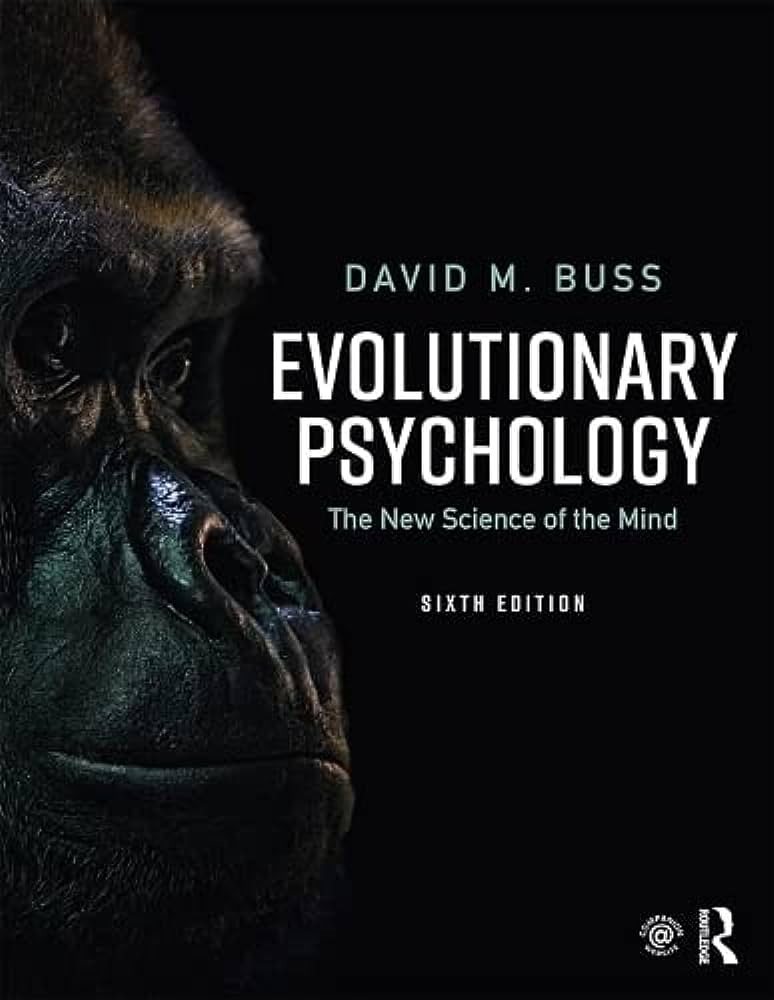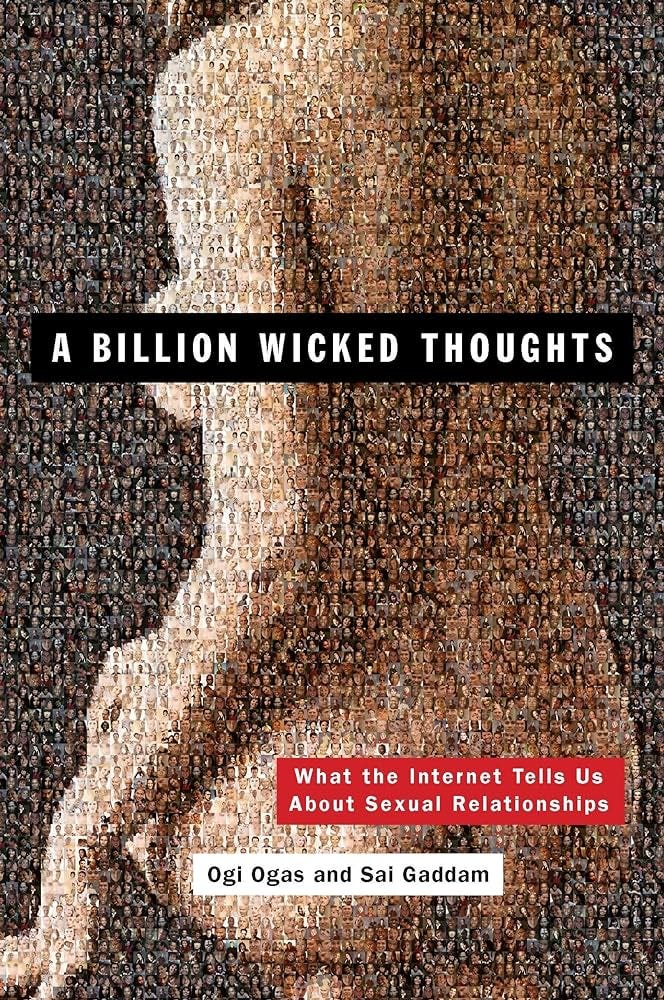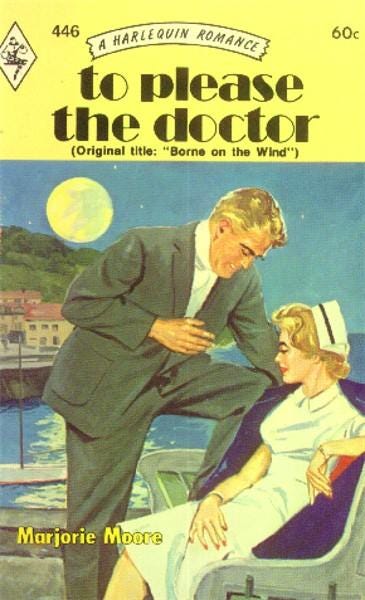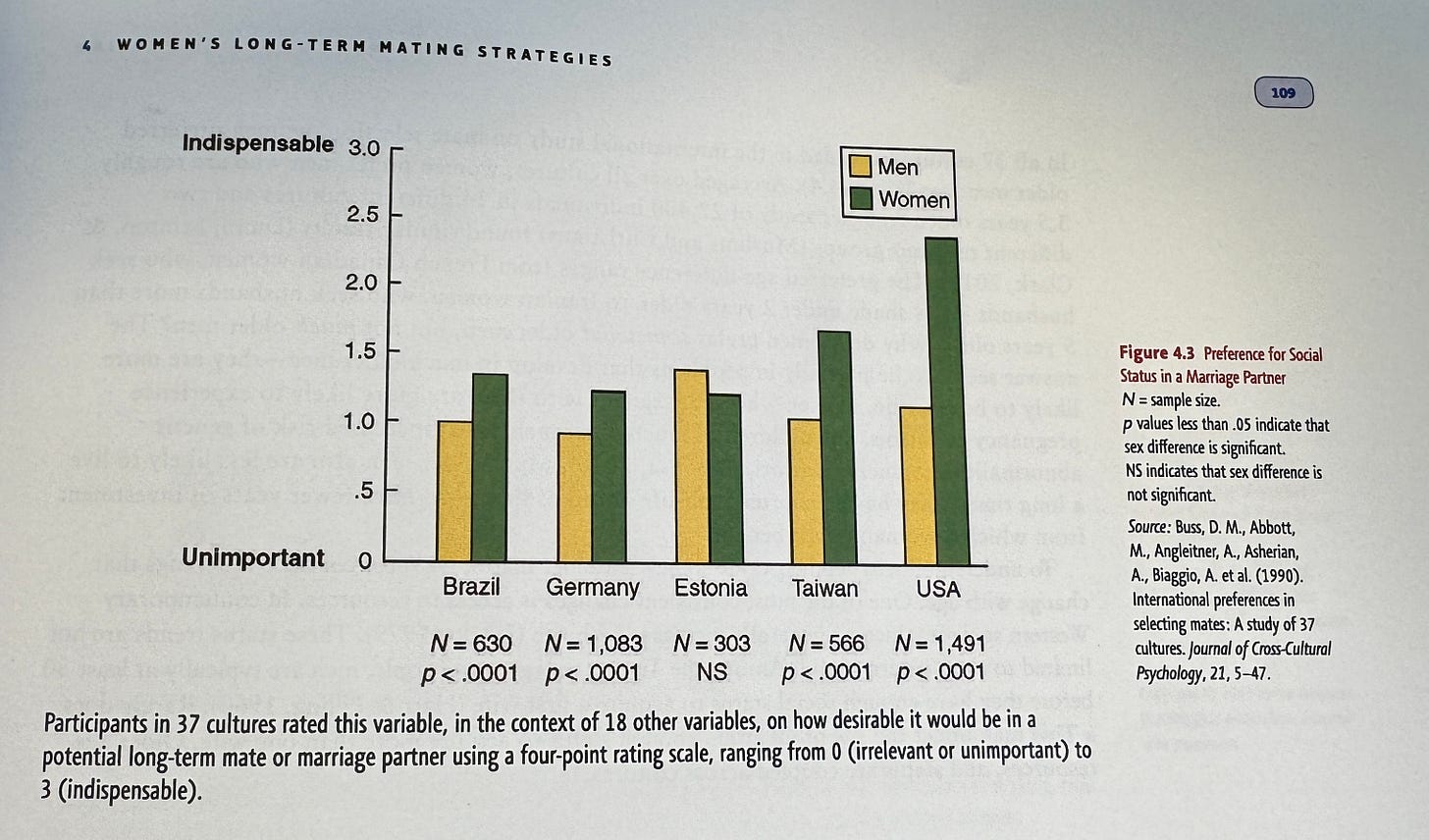The Evolutionary Psychology of Men's Insecurity
Why men are told their preferences for women are wrong
While doing a lot of research into the function of testosterone the past couple weeks in preparation for a workshop I’m putting together, I’ve gotten more and more interested in the differences between men and women’s psychology. As discussed in a previous post, men have around 10x the testosterone of women and women have around 4x the estrogen and 4x the oxytocin of men. Each of these neurotransmitters have an effect on our physiology, behaviors, our values, the types of fantasies we have an so on.
In general, testosterone mostly encourages men to be concerned with their achievements, accumulation of resources, competition and so on. Testosterone will make a man more impulsive, persistent, focused, more willing to put in effort, he will be more interested in competition and taking risks, he will have less social anxiety, he will be more willing to talk to women, and he will even be more likely to risk his life to save others. This comes with tradeoffs of course, an aggressive testosterone-fueled man chasing women and putting in 80 hour work weeks at the office to show up that prick Tom may not be the best person to help take care of an infant. In fact, it’s thought that the reason men naturally experience a decrease in testosterone when they become fathers is so that they will want to spend more time with the child and less time on solo-pursuits of more women, resources or status.
Recently I picked up Dr. David Buss’s textbook Evolutionary Psychology. Just like we can get a better understanding of how men operate and what’s ‘good’ for men by looking at the function of neurochemicals like testosterone, I think Dr. Buss’s book is a good resource for understanding men and how their hardwiring differs from women.
The “born sexy yesterday” trope in sci-fi movies (a term coined by Pop Culture Detective) illustrates men’s preferences quite well. Born Sexy Yesterday refers to a very attractive woman who is naive, inexperienced and has little to no familiarity with the male protagonist’s world. The highly ignorant woman is very easily impressed by the main character and is easily attracted to him, especially since she has absolutely no past male companions to compare him to.
The average man’s requirements for woman don’t include too many achievements. Of course we don’t want a woman who is completely unfamiliar with the ways of the world, but If a woman appears mentally stable, unmalicious, meets a baseline of intelligence, has a reasonable sense of humor and is attractive she has a very good chance with the average man. The average woman on the other hand typically has a longer list of harder to meet requirements will be some mixture of: tall, attractive, muscular, healthy, wealthy, high(er)-status, ambitious, industrious, humorous, charismatic and so on.
So in this article we’ll take a look at a couple different points including:
・A man increasing his socioeconomic status will make him more attractive.
・A woman increasing her socioeconomic status will decrease the pool of men she herself is attracted to.
・Socioeconomic status is far less attractive to men than it is to women.
・Based on the nature of oxytocin and vasopressin, men’s preferences aren’t “insecure” but natural and logical.
・Men understand it requires a lot of effort to attract women; they have no interest in increasing this difficulty.
Achievements vs. Innocence
As explained in the book A Billion Wicked thoughts, Maryanne Fisher and Tami Meredith analyzed over 15,000 Harlequin romance novels, and found that these were the top ten most common male heroes they found:
Doctor
Cowboy
Boss
Prince
Rancher
Knight
Surgeon
King
Bodyguard
Sheriff
“Women appear to have solved the adaptive problem of acquiring resources in part by preferring men who are high in status.”
Notice how “naive and ignorant man with no wealth or status” did not make the list. In stark contrast to the “born sexy yesterday” trope, all of women’s fantasies involve men who are very masculine, competent, wealthy, high in status or a mixture of these. As Pop Culture Detective presents in his video, the “born sexy yesterday” trope is rarely used to make a male character appear extra appealing to the women in the movie. It’s either used as a source of comedy, or if a woman does become attracted to a highly naive male character, it will be in spite of his ignorance and inexperience.
As explained in Dr. David Buss’s book, the reason women are much more choosy is that they have to invest much more into their offspring.
In summary, Triver’s (1972) theory of parental investment and sexual selections makes two profound predictions: (1) The sex that invests more in the offspring (typically, but not always, the female) will be more discriminating or selective about mating; and (2) the sex that invests less in offspring will be more competitive for sexual access to the high-investing sex.
The data suggests that where the average woman is very concerned with men’s financial prospects, men care much less about women’s socioeconomic status:
“A study of Chinese, European, and American individuals found that a potential mate’s salary had four times the impact on women’s judgements of men’s attractiveness compared to men’s judgements of women’s attractiveness (Wang et al., 2018)”
“In the overwhelming majority of cultures, women value ambition and industriousness more than men do, typically rating them as between important and indispensable.”
As discussed in my interview with Rachel Wilson, there are several downstream effects of feminism that are not often spoken about. For example, the drive to have more women in higher positions in the work place making more money for themselves will reduce the pool of men these women are likely to be attracted to.
Some scholars surmised that the reason women want men with more ambition and resources than them was simply that women were not in a position to acquire resources as easily as men, so they had to rely on men for resources. By this logic, women should care less about men’s resource gathering abilities as they accrue resources themselves. However multiple studies suggest that women consistently raise their standards as their own income and education levels increase. That is as women become better educated and better paid, they prefer men who are even more educated and make even more money than them.
On that note, women are now outnumbering men in colleges and holding more bachelor degrees than men.
Keep reading with a 7-day free trial
Subscribe to Joseph Everett’s WIL Newsletter to keep reading this post and get 7 days of free access to the full post archives.










